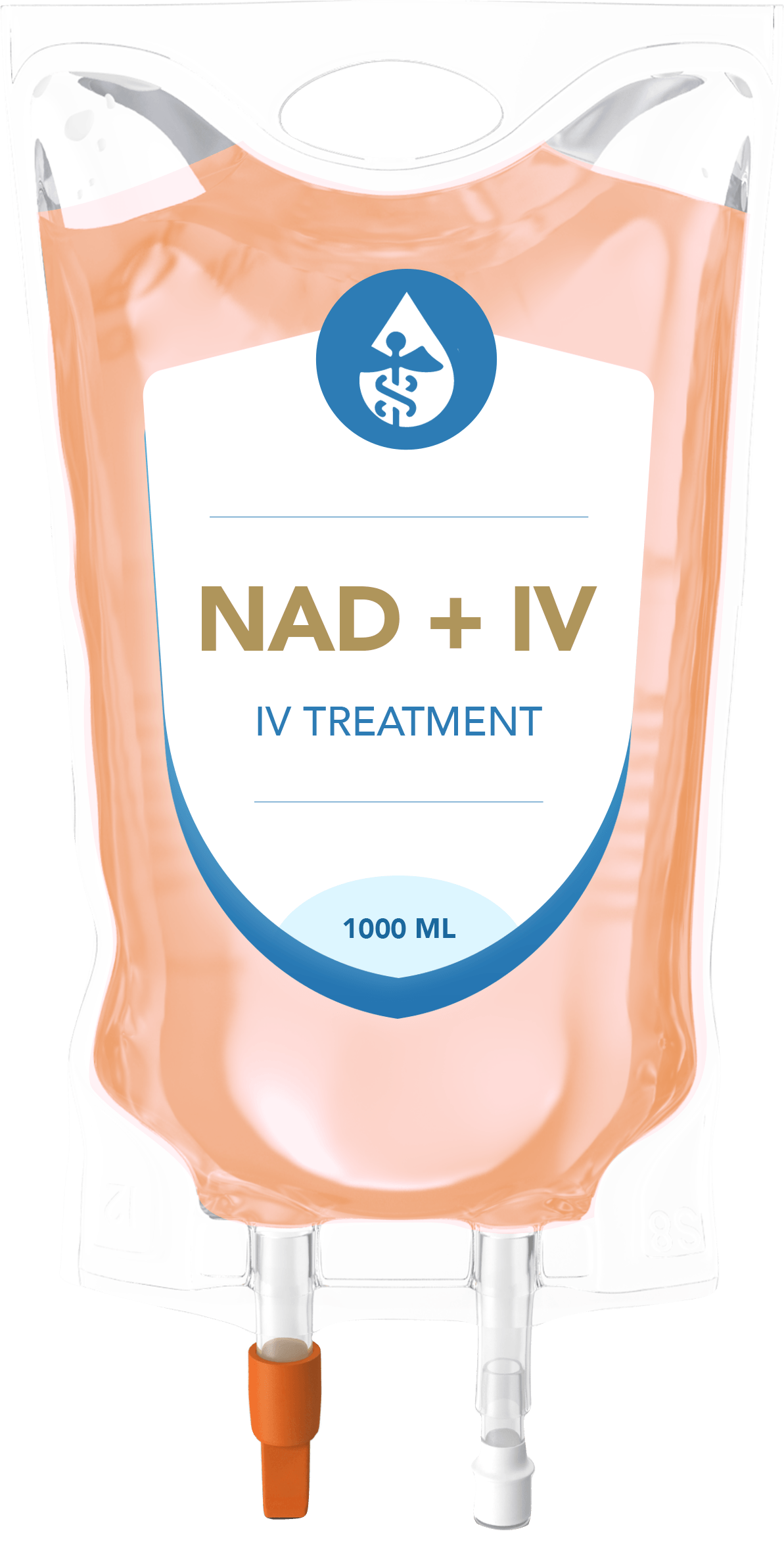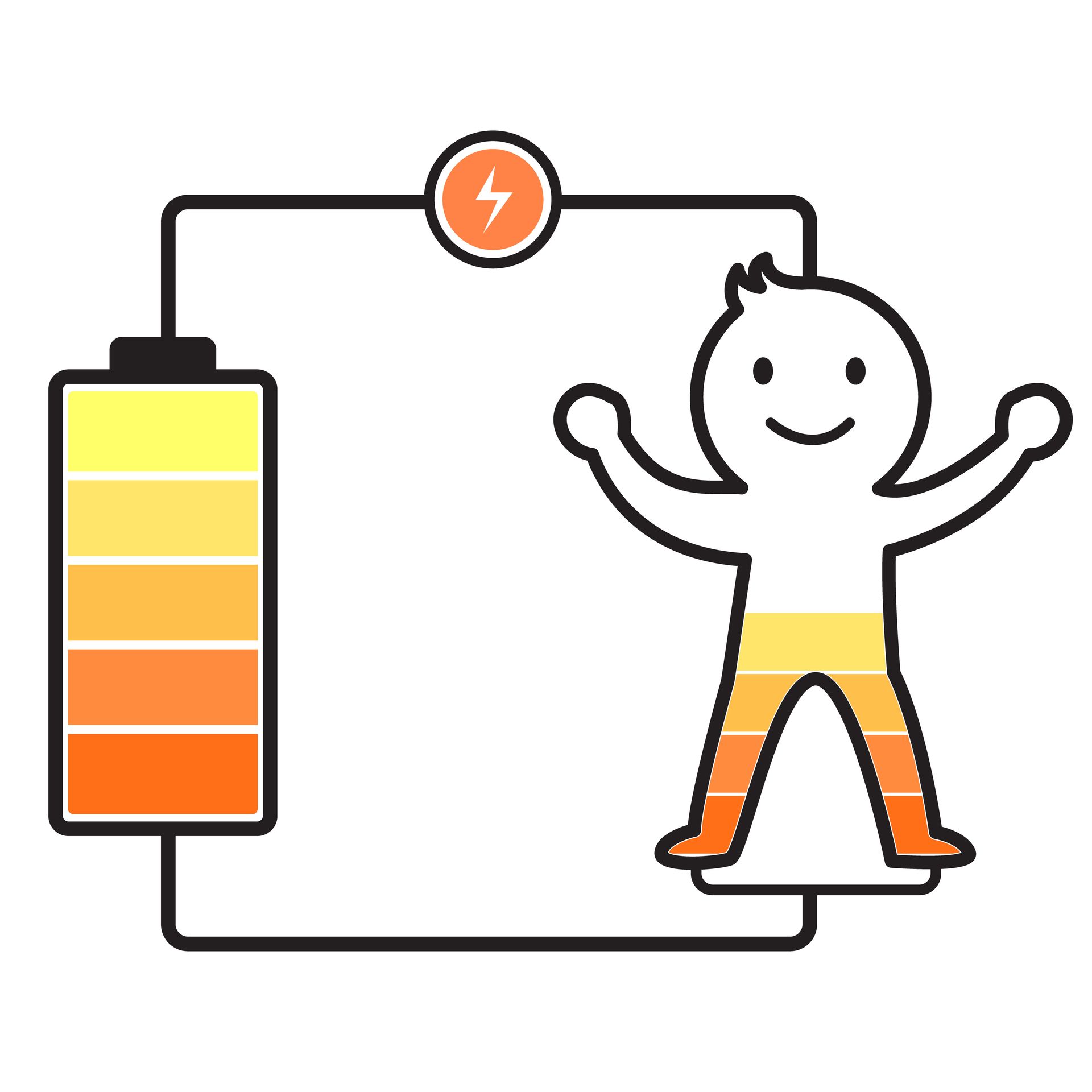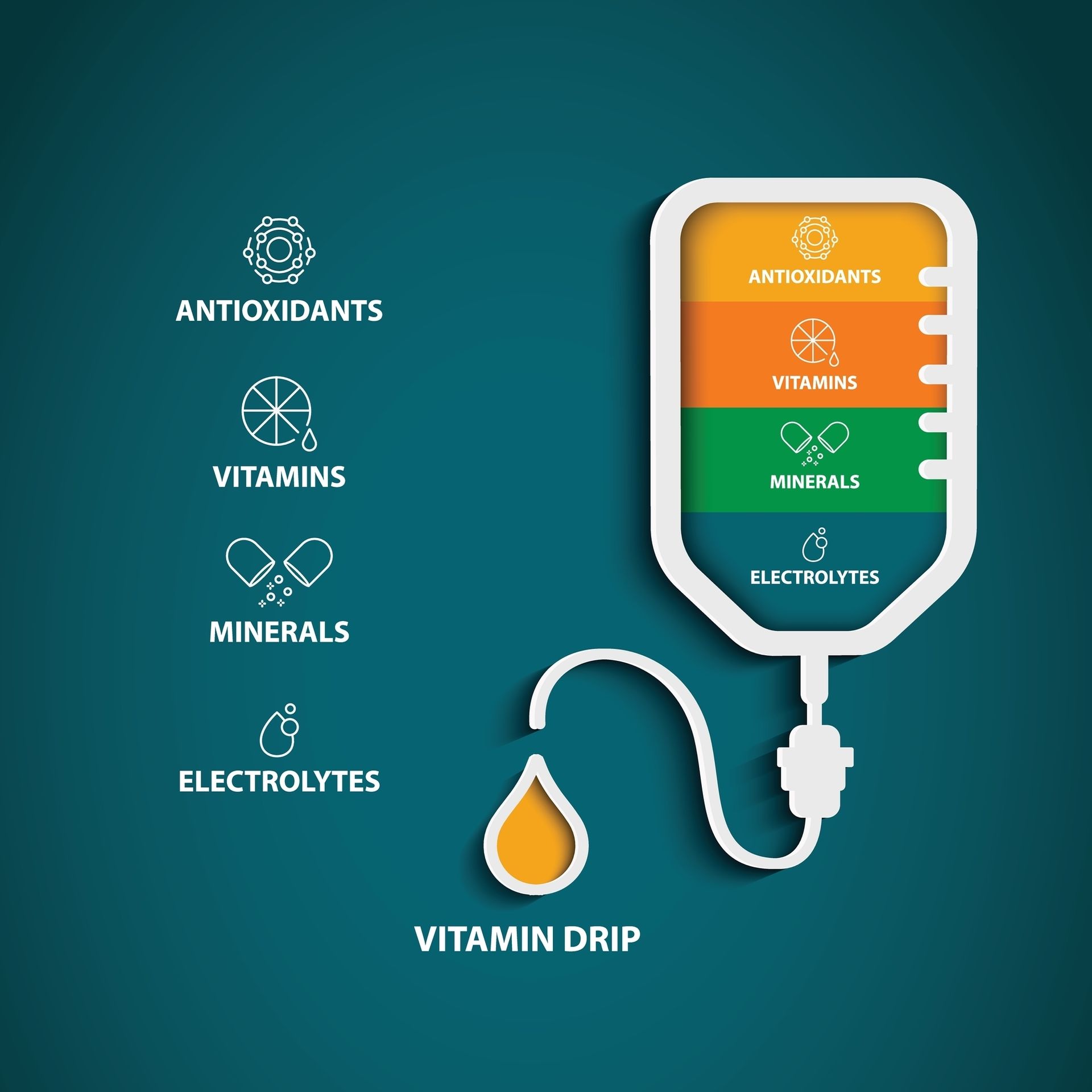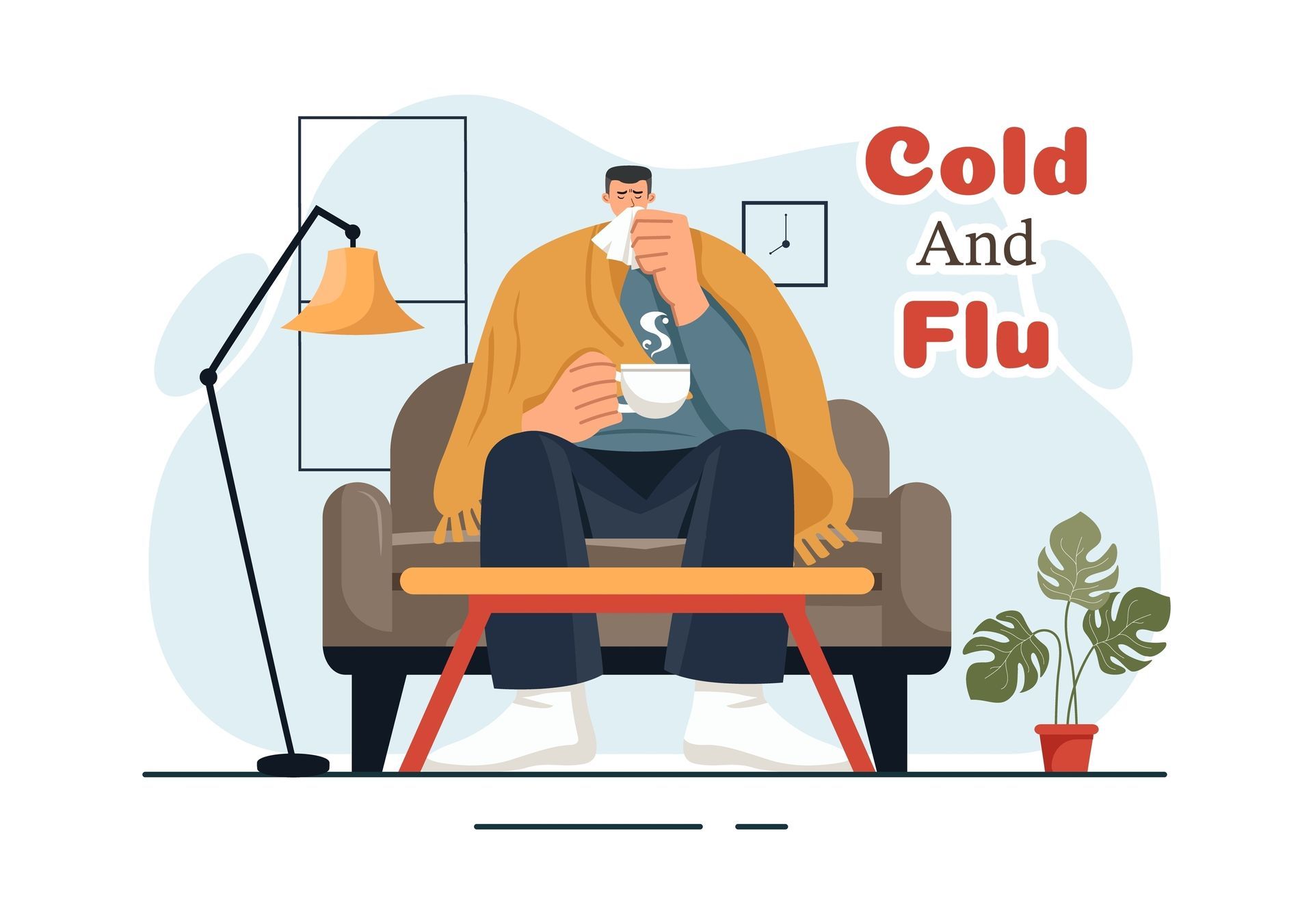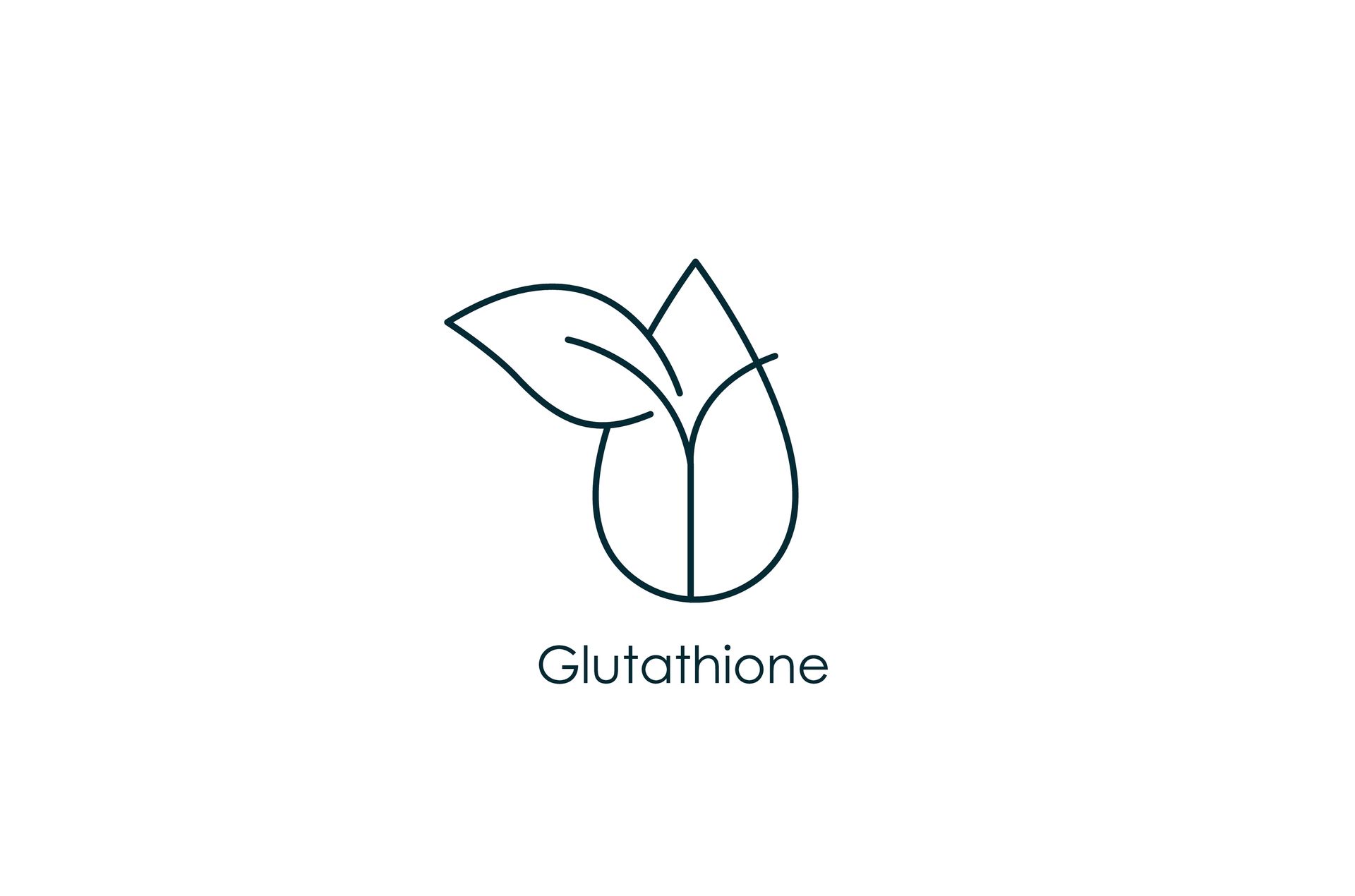Articles and Information
IV Therapy for Weight Loss: Can It Help You Shed Those Extra Pounds?

IV Therapy for Weight Loss has gained popularity as a potential method to assist individuals in their weight loss journey. As people seek more effective solutions beyond traditional diets and exercise regimens, this treatment offers a unique approach. In this article, we will explore the fundamentals of IV therapy, its connection to weight loss, types available, the process involved, and the associated risks.
Understanding IV Therapy
What is IV Therapy?
Intravenous (IV) therapy involves the administration of fluids, electrolytes, vitamins, and minerals directly into a person’s bloodstream. This method allows for rapid absorption and immediate delivery of essential nutrients, bypassing the digestive system. Typically used in medical settings for hydration and nutrient deficiency correction, IV therapy is now being repurposed for wellness and weight management. The versatility of IV therapy has made it increasingly popular in various health and wellness circles, where it is touted for its ability to rejuvenate the body and support recovery from physical exertion or illness.
In addition to its traditional applications, IV therapy has gained traction among athletes and fitness enthusiasts seeking to enhance their performance and recovery times. Many clinics offer specialized formulations tailored to specific needs, such as hydration blends for post-workout recovery or vitamin infusions designed to boost immune function. This growing trend reflects a broader shift towards preventative health measures, where individuals are taking proactive steps to maintain their well-being rather than solely addressing health issues as they arise.
How Does IV Therapy Work?
By infusing nutrients directly into the bloodstream, IV therapy ensures that the body receives maximum efficacy. This method can replenish vital vitamins and minerals that may be deficient due to poor dietary choices or lifestyle factors. The nutrients delivered through IV therapy can help to boost metabolism, improve energy levels, and enhance overall health—all of which are crucial components when attempting to lose weight. Moreover, the speed at which these nutrients enter the bloodstream can lead to quicker results compared to oral supplements, making it an appealing option for those looking to see immediate benefits.
Furthermore, IV therapy can be customized to meet individual health needs, with practitioners often conducting assessments to determine the specific deficiencies or health goals of their clients. This personalized approach means that whether someone is looking to combat fatigue, improve skin health, or support their immune system, there is likely an IV formulation that can cater to those needs. As a result, many people find that IV therapy not only enhances their physical health but also contributes to improved mental clarity and emotional well-being, creating a holistic approach to health that resonates with many in today's fast-paced world.
The Connection Between IV Therapy and Weight Loss
The Science Behind IV Therapy for Weight Loss
Weight loss is often a complex process influenced by various factors, including metabolism, hormonal balance, and nutrient availability. Certain vitamins and minerals play essential roles in these processes. For example, B vitamins are known to aid in energy production and fat burning. By using IV therapy to provide these nutrients in targeted doses, individuals might experience enhanced metabolic function, which could support weight loss efforts.
Potential Benefits of IV Therapy for Weight Loss
There are several potential benefits of using IV therapy as a part of a weight loss strategy:
- Increased Energy Levels: The infusion of essential nutrients can enhance energy, making it easier to maintain an active lifestyle.
- Metabolism Boost: Certain vitamin infusions may help rev up metabolic processes, aiding in more efficient calorie burning.
- Improved Hydration: Proper hydration can support bodily functions including metabolism, making hydration therapy an integral part of weight management.
- Detoxification Support: IV therapy can aid in flushing out toxins, which may support overall health and weight loss.
Types of IV Therapy for Weight Loss
Vitamin Infusion Therapy
Vitamin infusion therapy focuses on delivering a high concentration of vitamins and nutrients directly into the bloodstream. Commonly used vitamins such as B12, vitamin C, and various amino acids can be tailored to support individual weight loss goals. This type of therapy is particularly beneficial for those who suffer from nutrient deficiencies.
Hydration Therapy
Hydration therapy involves infusing a saline solution that can include electrolytes and vitamins to ensure optimal hydration levels. Proper hydration is vital for metabolic processes and can help reduce fatigue, allowing for better performance in exercise routines. By staying hydrated, individuals may find it easier to stick to a weight loss regimen.
The Process of IV Therapy for Weight Loss
What to Expect During an IV Therapy Session
An IV therapy session typically begins with a consultation to assess the individual’s health needs and goals. During the session, the healthcare provider will insert a small catheter into a vein, usually in the arm. The infusion itself may take anywhere from 30 minutes to several hours, depending on the type of therapy and individual requirements.
Patients often report feeling relaxed during the process, and some may even experience an immediate boost in energy levels as the nutrients are introduced into their system. It’s essential for the procedure to be conducted in a clean and professional environment to ensure safety.
Duration and Frequency of IV Therapy
For weight loss purposes, sessions may be scheduled weekly or bi-weekly, depending on personal goals and health conditions. The duration and frequency can vary greatly based on individual needs and expected results.
Consultation with a healthcare professional is crucial in determining the best plan tailored to one’s specific circumstances, ensuring safe and effective use of IV therapy.
Risks and Side Effects of IV Therapy for Weight Loss
Possible Side Effects of IV Therapy
While IV therapy can provide numerous benefits, it is not without risks. Some common side effects may include:
- Infection at the injection site
- Vein irritation or inflammation
- Allergic reactions to ingredients in the solution
- Fluid overload, especially in individuals with underlying medical conditions
Who Should Avoid IV Therapy?
Certain individuals may need to avoid IV therapy. Those with specific health conditions, such as kidney disease, heart failure, or severe allergies, should consult their doctor before undergoing treatment. Pregnant women and those currently taking medications that may interact with IV infusions should also seek medical advice.
In conclusion, while IV therapy presents an innovative approach to weight loss, it is vital to weigh its benefits against potential risks and side effects. A thorough understanding and proper medical guidance can help ensure the best outcomes for those seeking to shed extra pounds safely.
USEFUL LINKS
CONTACT US
If you think you may have a medical emergency, immediately call your doctor or dial 911.
This website does not provide medical advice. It is intended for informational purposes only. It is not a substitute for professional medical advice, diagnosis or treatment. Never ignore professional medical advice in seeking treatment because of something you read on the internet. These statements have not been evaluated by the Food and Drug Administration.
© 2021-2024 All Rights Reserved | Powered by OMG Marketing



